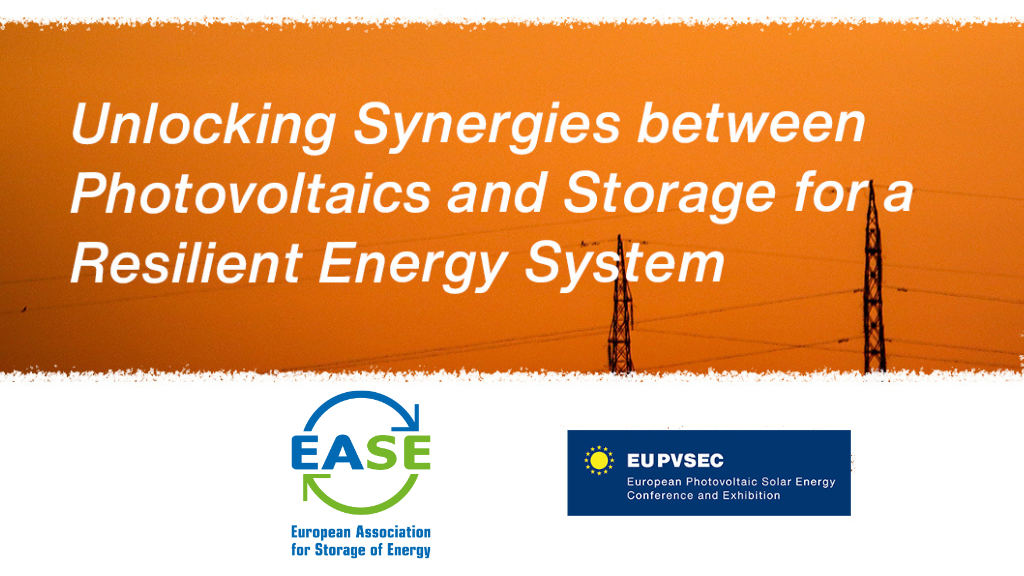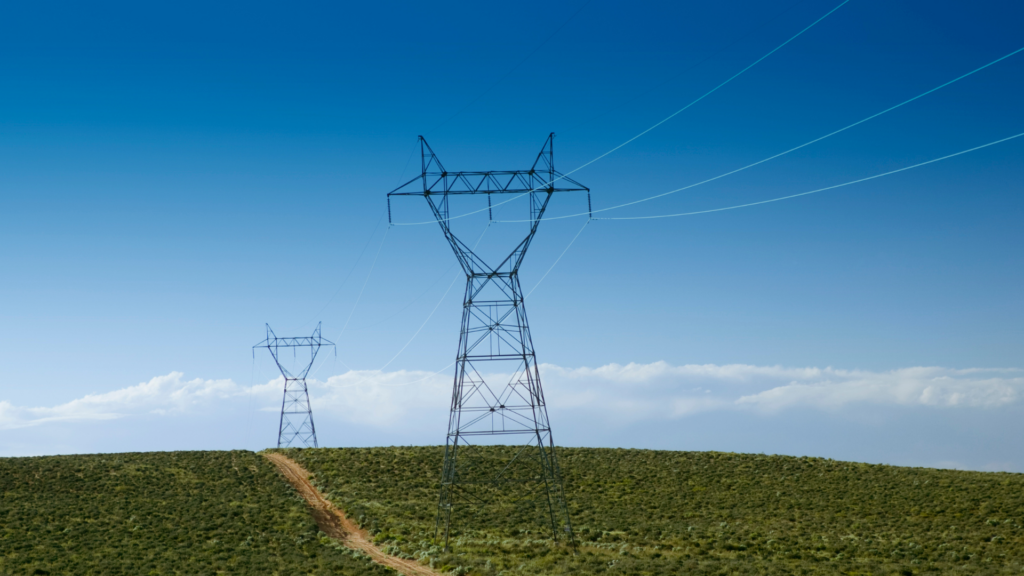26.02.2019 / News
Battery 2030+: Power up Europe’s Battery Revolution
A world moving from fossil fuels to renewable energy will rely more and more on energy storage. The Battery 2030+ large-scale research initiative will gather leading scientists in Europe, as well as the industry, to achieve a leap forward in battery science and technology. The first Battery 2030+ project kicks off in March 2019 and will lay the basis for this large-scale research initiative on future battery technologies.
The vision for Battery 2030+ is to invent the batteries of the future, providing European industry with cutting-edge technologies. Batteries are among the key technologies to achieve a deep decarbonisation of the European energy system, notably in the transport sector (with electro-mobility) and in the electric power sector (with the storage of intermittent renewable energy sources).
In the near future, we will need new generations of ultrahigh-performance, reliable, safe, sustainable and affordable batteries. The competition to develop future battery technologies is already intense, but still very much open.

The Battery 2030+ project, which currently includes 17 partners in nine European countries, has been selected for a Coordination and Support Action grant under the Horizon 2020 programme. Over a period of one year (starting in March 2019), Battery 2030+ will lay the basis for a 10-year large-scale and long-term European research project.
The Battery 2030+ consortium includes five universities (Uppsala University, Politecnico di Torino, Technical University of Denmark, Vrije Universiteit Brussel, University of Münster), eight research centres (French Alternative Energies and Atomic Energy Commission, Karlsruhe Institute of Technology, French National Centre for Scientific Research, Forschungszentrum Jülich, Fraunhofer-Gesellschaft, Fundacion Cidetec, National Institute of Chemistry, Slovenia, SINTEF AS), three industry-led associations (EMIRI, EASE, RECHARGE) and one company (Absiskey).
EASE will lead the Work Package 3, focused on stakeholder commitments, communication & dissemination. EASE will map and gather industry and research stakeholders, facilitating the interactions between these actors. EASE will manage the written consultations, aimed at obtaining, from the several stakeholders, inputs related to the activities. EASE and its members will also provide their expertise to develop a long-term roadmap for an innovative, competitive and sustainable whole battery value chain.
The Battery 2030+ consortium has also received the support of a number of European and national organisations, including ALISTORE ERI, EERA, EIT InnoEnergy, EIT RawMaterials, EARPA, EUROBAT, EGVI, CLEPA, EUCAR, KLIB, RS2E, Swedish Electromobility Centre, PolStorEn, ENEA, CIC energigune, IMEC and Tyndall National Institute.
More about Battery 2030+: http://battery2030.eu/




